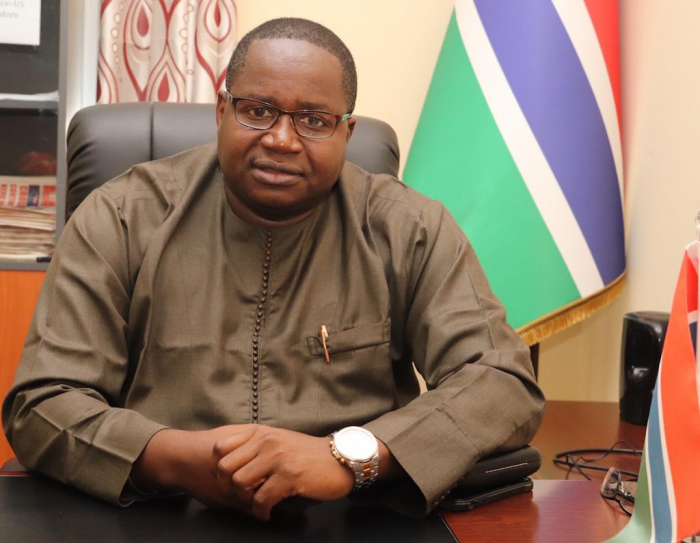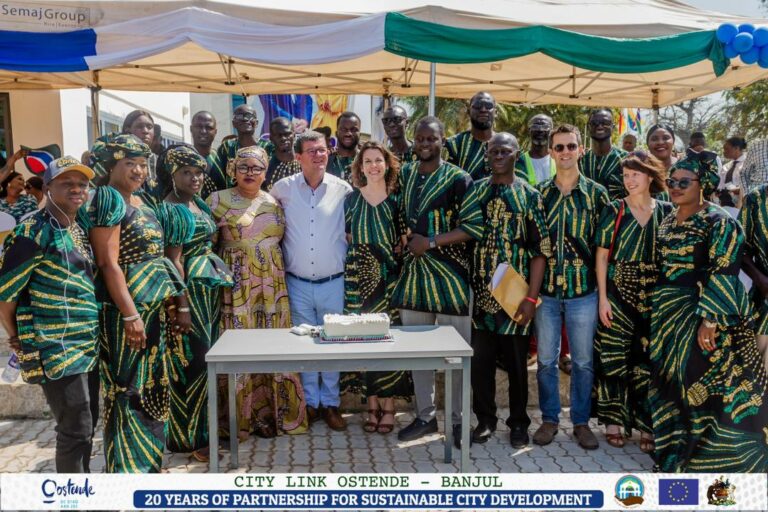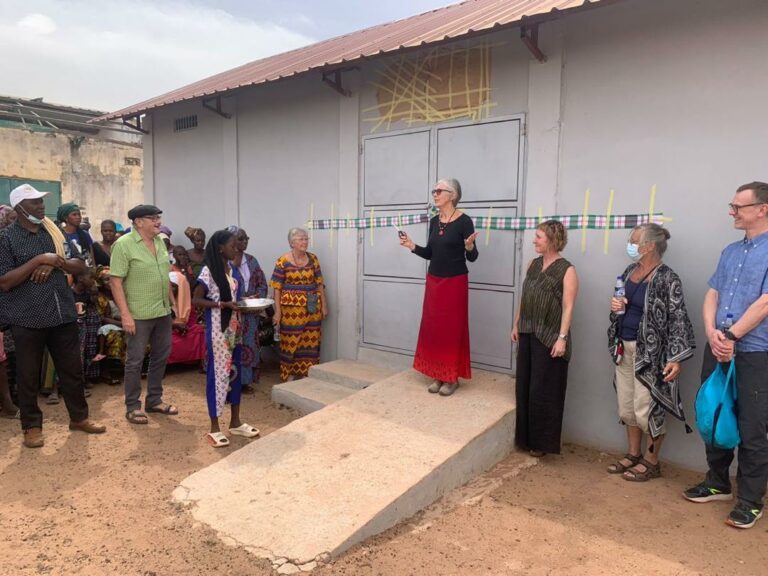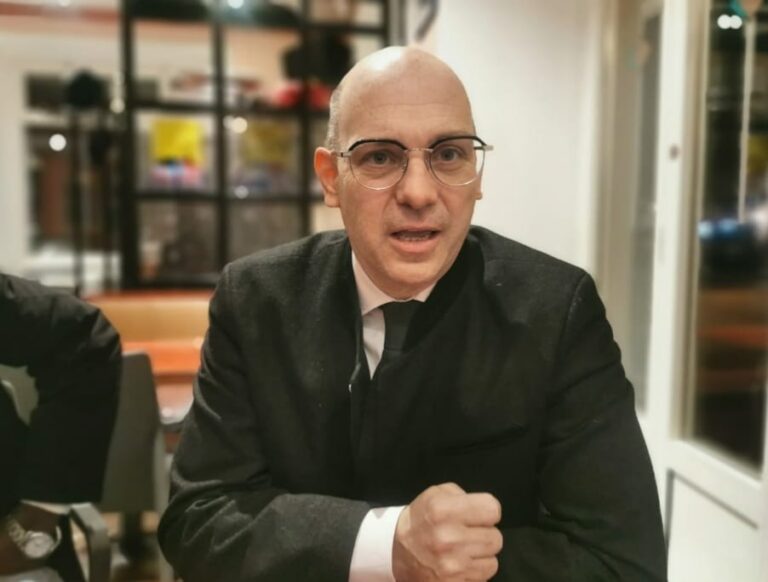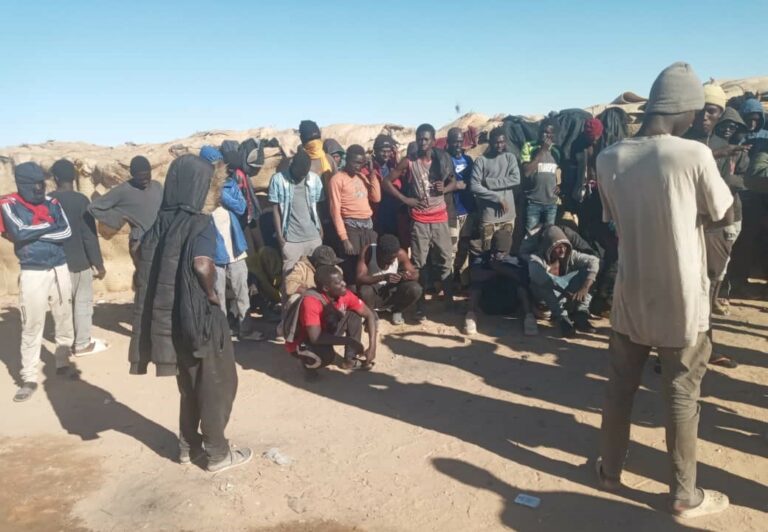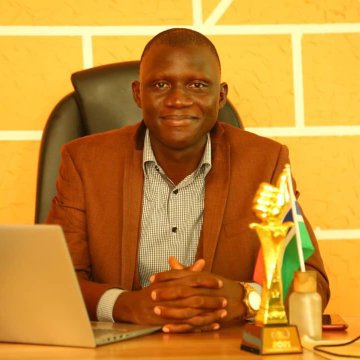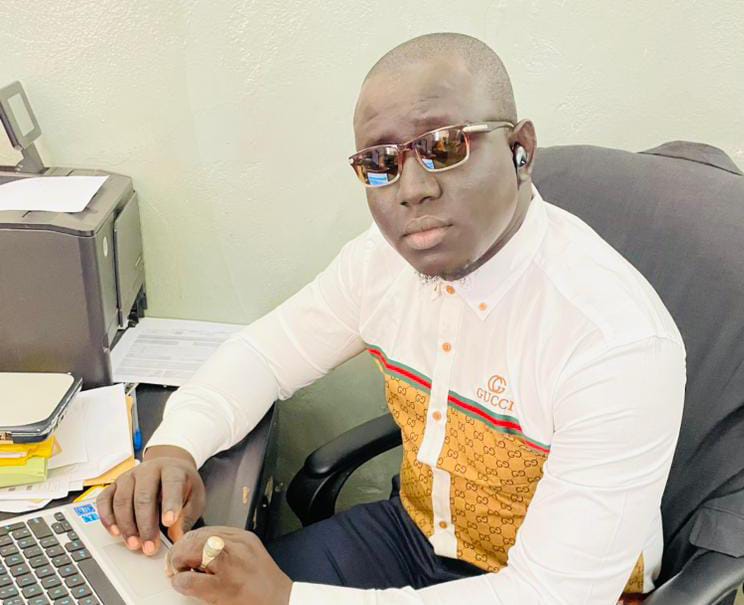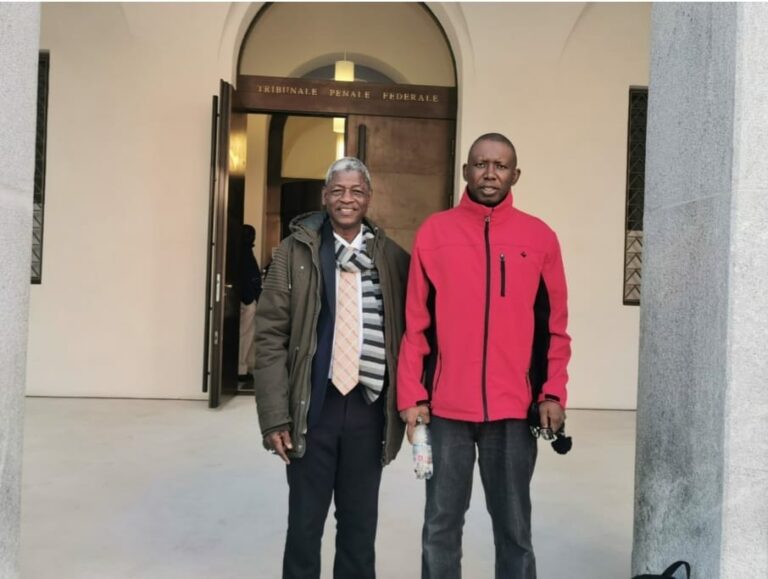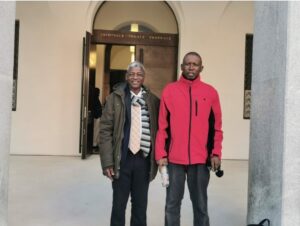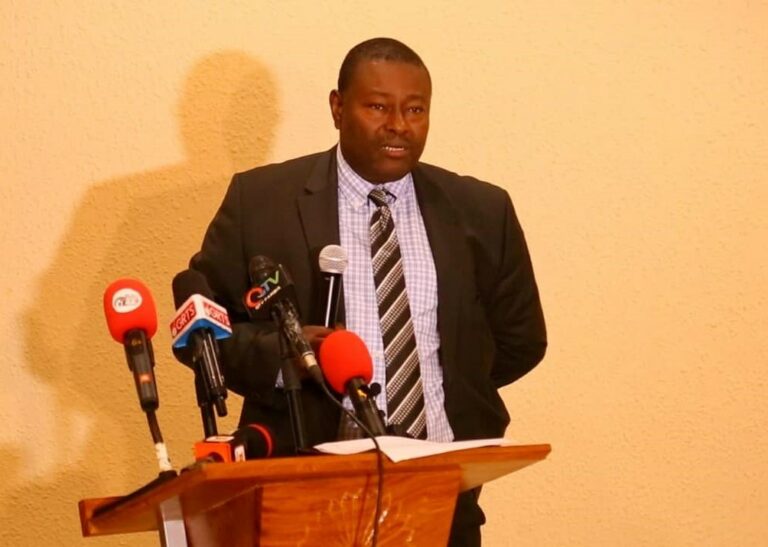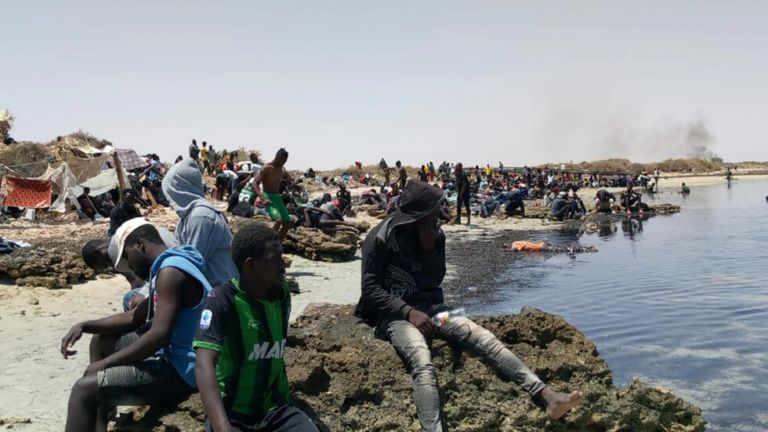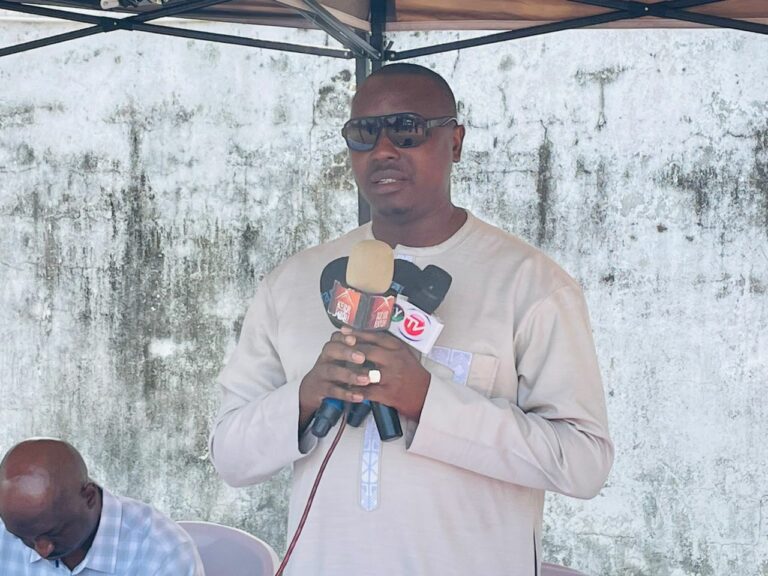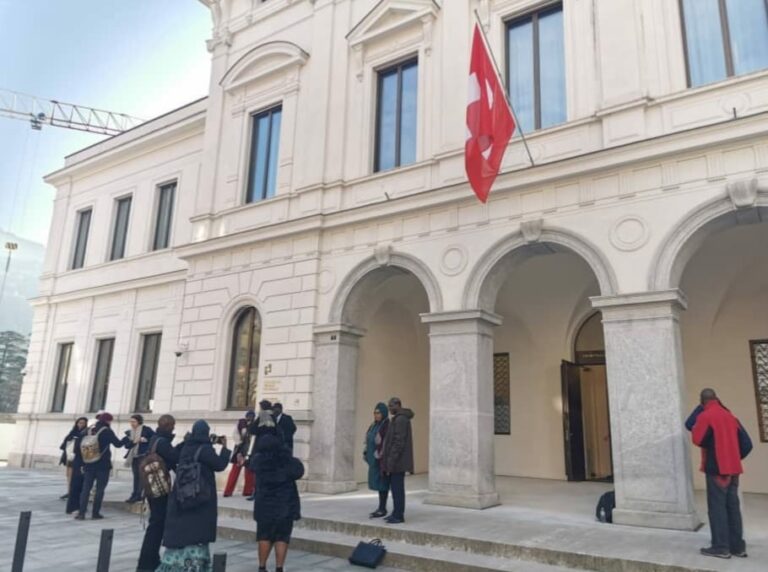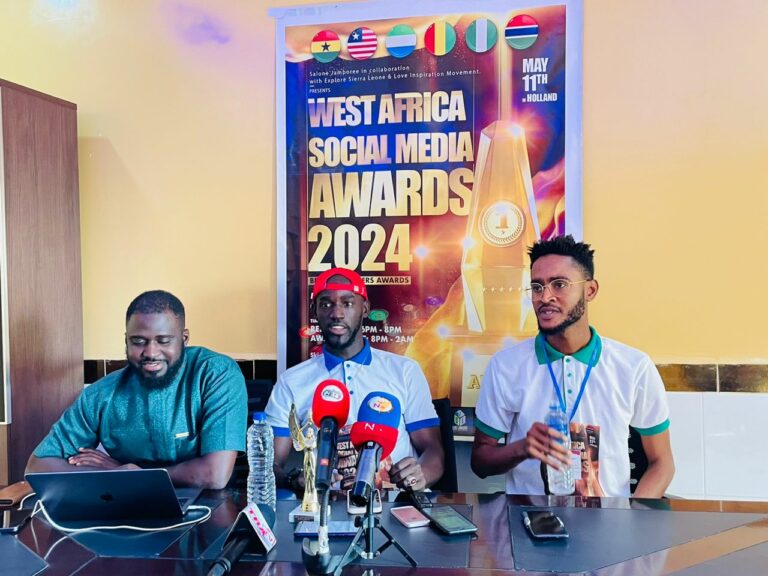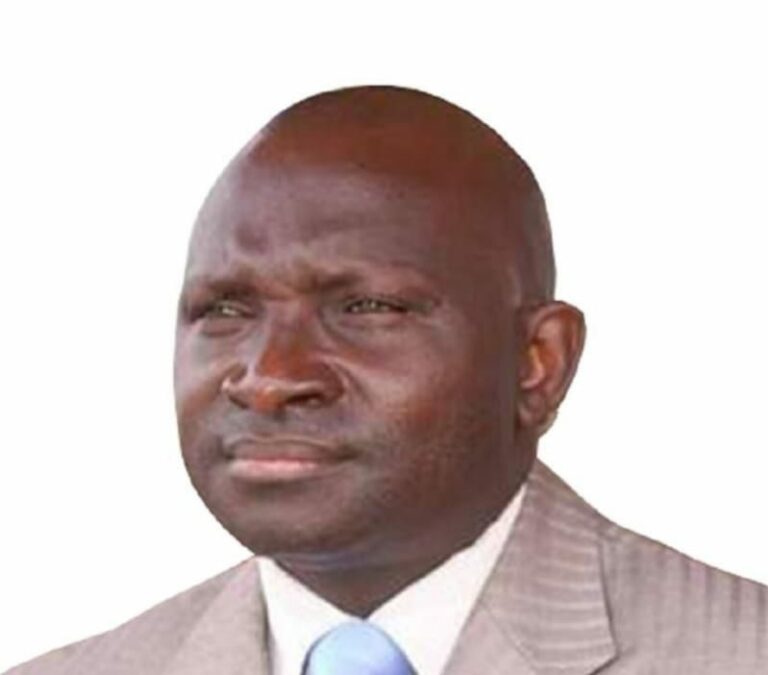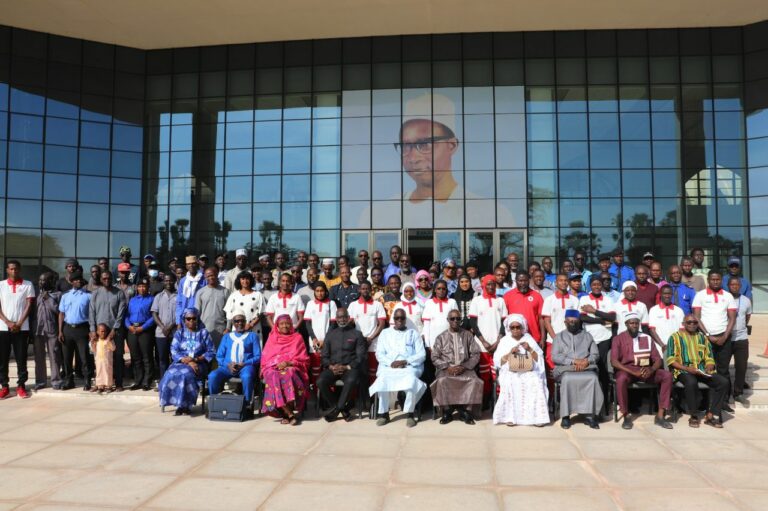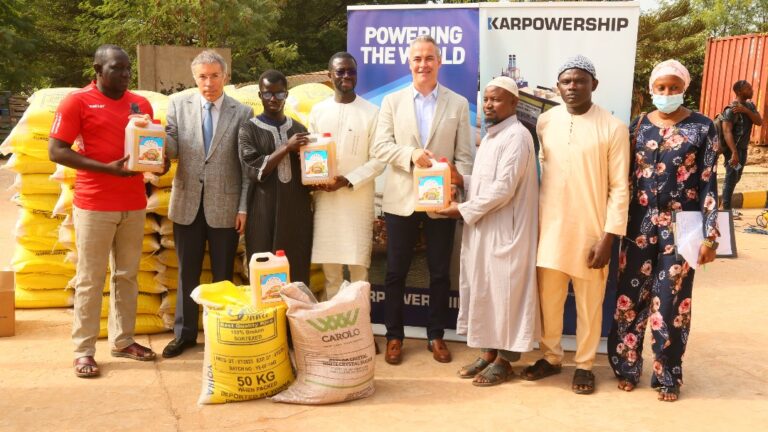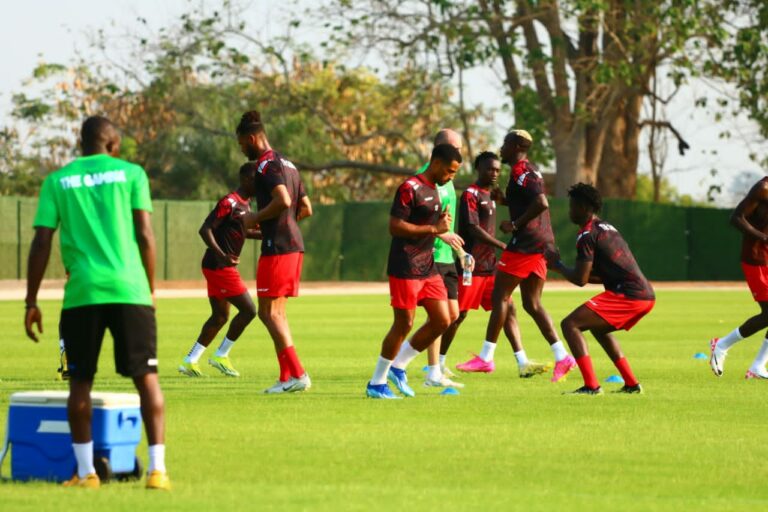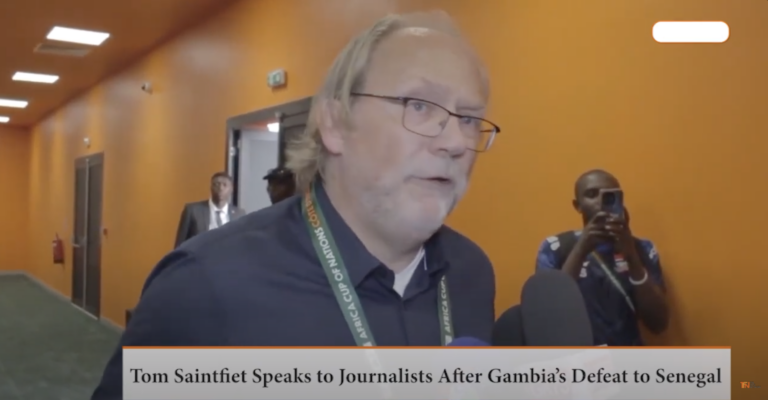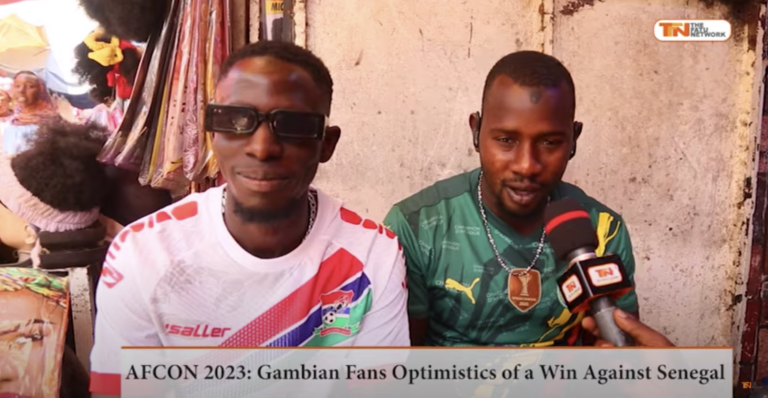By Dawda Baldeh
Ebrima G. Sankareh, the spokesperson of the Gambian government and Presidential Adviser on Diaspora Affairs, has claimed that the families of victims have consented to the inmates pardoned by President Adama Barrow a week ago.
Speaking to West Coast Radio this morning, Sankareh said that before pardoning the inmates, all victims’ families were met, and they forgave their perpetrators.
Mr. Sankareh provided several references where inmates were pardoned by different governments.
“Former President Dawda Jawara granted amnesty to people who took part in armed rebellion on July 30, 1981, resulting in the death of several innocent Gambians. Judges were brought from Ghana and Nigeria for the treason trial, but only one person (Mustapha Danso) was executed.
Many people were convicted, and in 1990, President Jawara granted amnesty to many, including the famous lawyer Pap Yasin Secka, convicted of treason…,” he narrated.
Regarding the Senegalese (Thiam) murderer of a female Gambian in Kololi, Sankareh said no decent human being would condone such a murderer.
However, he mentioned that during Thiam’s time in prison, he underwent three painful surgeries, and doctors concluded that the situation at Mile II was not conducive to his health.
“They (doctors) suggested Thiam should be given a private facility to serve his sentence, but that too would be a cost for the government, and the conditions at Mile II are not suitable for prisoners like him….
“Thiam’s files spent a month on the President’s desk; he refused to sign it, insisting that the victim’s family had to agree to his pardon,” Sankareh added.
He explained that Mile II prison is not just a place to punish people but a correctional facility for the transition of inmates.
“Bamba Banja was convicted of corruption, fined one million dalasis, which he paid, and served almost a year at Mile II due to serious health conditions, highlighted by his lawyer during sentencing,” he explained.
Sankareh went on to say, “If you were convicted of corruption of D100,000 and ended up paying one million dalasis, and serving one year in prison, that is justifiable for amnesty.”
Even after the parole committee stated that Thiam qualified for amnesty due to his terminal illnesses, President Barrow refused to sign the document, insisting that the committee meet the victim’s families and ensure they had forgiven him (Thiam) before deportation to Senegal,” he added.
The government spokesperson further stated that all the pardoned inmates had serious medical issues, and before their amnesty, both the Muslim and Christian councils, along with security, were involved.
Almost all the pardoned inmates were convicted of serious crimes such as corruption, rape, robbery, and murder.
The case of Saidykhan Sankareh revealed that he was in Mile II for 14 years and was sentenced to death at the age of 29.
“He was a rapist convicted in 2010, and now at 43 years old, he has undergone a significant transformation, becoming a qualified tailor and tailoring most of the prison outfits,” he explained.
Sankareh also cited several serious international cases of plane crashes where hundreds of lives were lost, and the perpetrators were convicted, but after suffering terminal cancer, the inmates were pardoned.
“Yankuba Njie (40) was sentenced to life for kidnapping and rape in Fajikunda in 2011 at the age of 27. He spent 13 years in prison, and now at 40, the victims’ families have forgiven him.
That was President Barrow’s decision; if the crime is so heinous, he has to be convinced that the victims’ families must give their consent,” Sankareh claimed.
Sankareh further offers detailed explanations on the cases of Yahya Mballow (Gambian), Ousman Baldeh (Bissau Guinean), Modou Camara, and others on conditions of amnesty.
He revealed that all the released inmates met the criteria for pardon after meetings with the Justice Ministry, Health, Social Welfare, and Victims’ Families.
The release of these several prisoners has sparked anger among gender activists and anti-corruption groups who believe that the crimes committed are criminal offenses, and the inmates shouldn’t be pardoned.”

